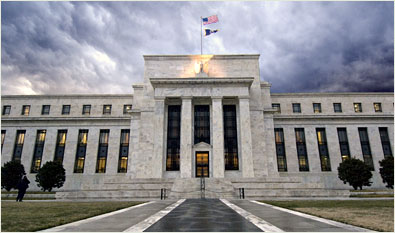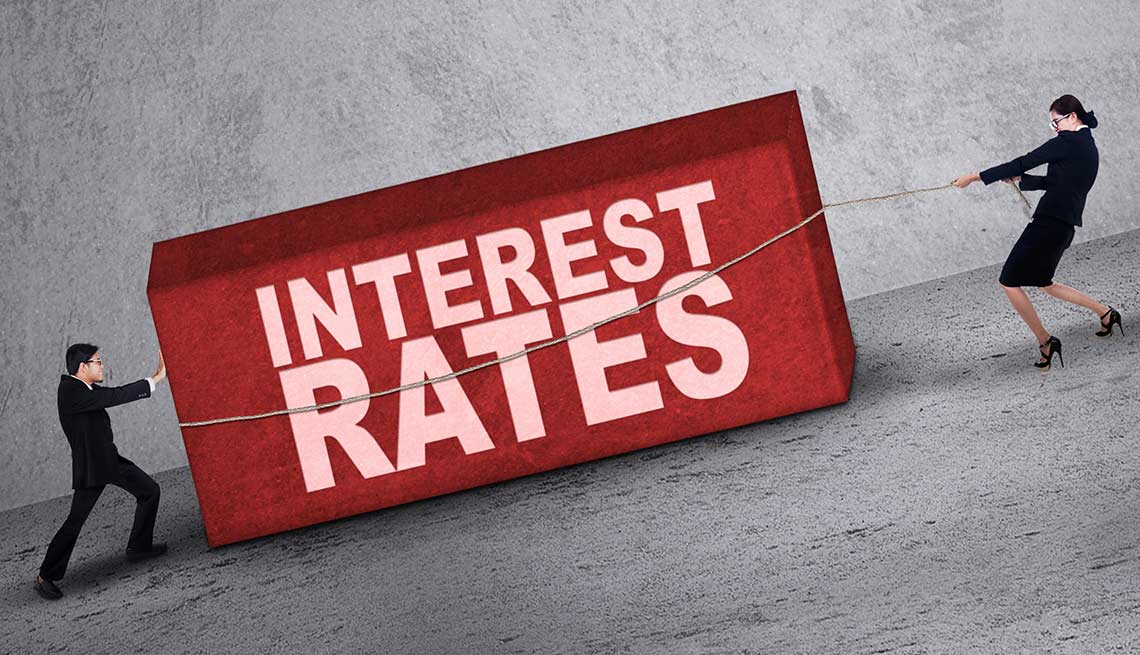
Last month, Atlanta Federal Reserve Bank President Dennis Lockhart announced that he will be leaving office on February 28, 2017. At that time, Lockhart will have served as Fed President for 10 years, the maximum term that the position allows.
There is a lot of debate right now of who should be Lockharts successor. Many groups are calling for more diversity among Federal Reserve Bank Presidents. Perhaps you are wondering, well how does this affect me? The Federal Reserve has a large influence on the health of the economy. The price of goods, the strength of the American dollar, and the rate of unemployment, are all partially controlled by decisions made by the Federal Reserve. Here is a short breakdown of what the Federal Reserve is, what they do, and how it directly affects your personal financial situation.
What is the Fed?
The Federal Reserve was founded by Congress in 1913 in response to the financial panic of 1907. At this time, banks were running out of money, and Congress agreed that there needed to be a system of larger banks helping smaller banks to keep adequate amounts of money in the economy.

The Fed is made up of twelve Federal Reserve District Banks that each serve a district area. Each district bank is responsible for obtaining economic data on their region and hearing out the needs of businesspeople. Eight times a year, the presidents of each district bank meet with the Federal Reserve’s Board of Governors to discuss options for policy change that would best benefit the public. The Federal Open Market Committee (FOMC) is the policymaking body that is comprised of the seven members of the Board of Governors and five of the twelve District Bank Presidents.
The next FOMC meeting will be held November 1-2 in Washington D.C.
What do they do?
The Federal Reserve Act was amended in 1977 to state that the objectives of the Fed’s monetary policy are to promote “employment, stable prices, and moderate long-term interest rates.” This is often referred to as dual mandate.
The primary function of the Federal Reserve is to loan money to smaller, private banks. Banks make money by loaning money to customers with interest. Because of this, at a given time, most of a bank’s assets are in the form of receivables. Meaning they have money that belongs to them but it is currently owed to them—therefore not on-hand, available for use. The Fed fills that gap by loaning money to banks so that they have cash on hand to continue writing loans for everyday people like you and me.
Just as private banks loan money to customers with interest, the Fed also charges interest for private banks to borrow money from them. By setting this rate of interest, the Fed can control how easy or how difficult it is for private banks to get these loans. When the Fed sets their interest rates high, it is difficult for private banks to obtain money, therefore they cannot turn around and loan money to customers as easily. When the Fed sets their interest rates low, it is easy for private banks to obtain money and they can give out many more loans at lower rates.

How does it affect me?
When the economy is slow—prices are high and people do not have the money to do everything that they would like to do—the Federal Reserve will purposely lower interest rates. In doing so, private banks can get more money, and the public will have more money to spend. The increased spending will boost the health of the economy.
When the economy is doing well and there is a large amount of spending by the public, the Fed will increase rates so that private banks do not have as much to distribute to the public. This will decrease spending and control inflation.
Inflation is the rate at which the general prices for goods and services is increasing. Essentially, when there is a large amount of money available to the public, there is also a high amount of spending (high demand of goods and services). Such high levels of spending will allow businesses to charge higher prices for their products. If so many people want the item, it is likely they will not mind paying a higher price for it. To keep this from happening, the Fed will increase interest rates, therefore decreasing consumer spending, and prices.
Demand: a consumer’s desire and willingness to pay a price for a specific good or service
Dual Mandate: the objectives monetary policy as set by Congress. They are maximum employment, stable prices, and fair interest rates
Inflation: the general increase in prices and fall in the purchasing value of money
Interest: money paid at a particular rate for the use of money lent or for delaying the repayment of a debt
Federal Open Market Committee: policymaking body of the Federal Reserve that is composed of the seven members of Federal Reserve Board of Governors and five of the seven District Reserve Bank presidents
Federal Reserve: the central bank of the United States; created by, but acting separately from Congress
Federal Reserve Act: 1913 Congressional act establishing the Federal Reserve System, amended in 1977 to include the provisions of dual mandate
Federal Reserve Board of Governors: comprised of seven members that are nominated by the President and confirmed by the Senate
Federal Reserve District Banks: represent the twelve Federal Reserve Districts and are responsible for carrying out the day-to-day operations of the Federal Reserve System













